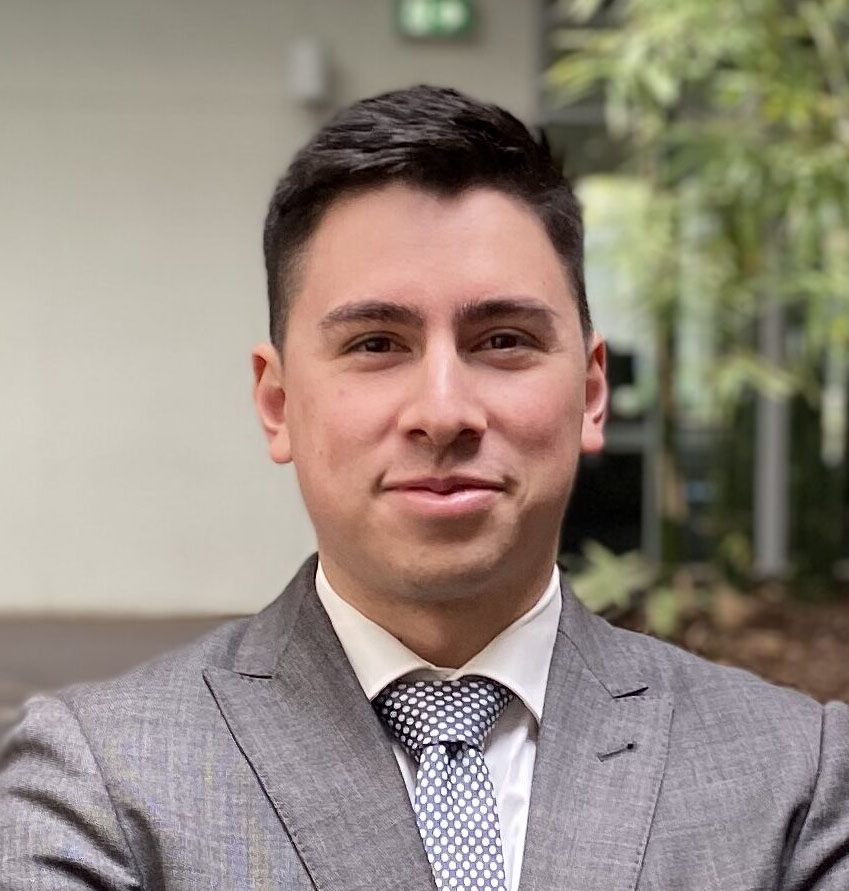Financial moves to make in your 30’s
I recently turned 30. It’s a strange age. Some of your friends have settled down and have children, whilst others are backpacking around southeast Asia. Some are looking to purchase an investment property, whilst others are hosting big parties in their shared house of ten. Regardless of which stage you are at, the thirties are an excellent chance to take some of that ‘grown-up medicine’ and to look to start to get our finances in order; here are some places to start.
1. Set some goals:
Money is just the vehicle towards helping you live your best life. Everyone will have different goals, so your financial plan should be different. If you’re the type of person who wants to live overseas, then buying a house because you feel like you should and others are telling you to may not be the best option. Once we have goals, it’s easier to know what we must do to achieve them. Otherwise, we can continue on a road to nowhere.
2. Review what you currently have:
Personal finances are usually left or pushed into the too-hard basket. You may not be as passionate about it as I am and, therefore, lack the motivation to think about it (completely normal). Simple things like reviewing what you currently have can pay big dividends.
Review your superannuation and make sure that your fund is appropriate. Check about how your fund has been performing compared to others. Please have a look at your investment options within your super and make sure that it’s appropriate for you. Think about whether or not you would like to be invested in an ethical and environmentally friendly manner and see if your current investments align with that.
You should also review what insurance you have. If you have young children or some debt with a partner, such as a home loan, then life cover could be critical. If you’re working and rely on your income to live, then you need income protection. Insurances aren’t sexy, and not many people like paying for them, but if something goes wrong and you don’t have them, it can create financial pain that can be hard to recover from.
3. Build an emergency fund:
Life is unpredictable, and unexpected expenses can arise at any time. Aim to build an emergency fund with three to six months’ living expenses. This financial cushion will provide peace of mind and help you avoid dipping into your savings or investments during tough times.
4. Look towards the future:
Investing is a powerful tool for building wealth over time. It can be slow to start with, but compound interest is the eighth wonder of the world; the earlier you start, the more rewards you reap. Putting some surplus cash towards investments that have growth potential can help you fund some future goals you may have as well. There are options for all different starting balances, so you don’t need to wait and put it off any longer.
5. Stop paying the lazy tax:
Only some people love to have a strict budget in place, and if that’s you, there are things we can do to get our cash flow under control. Reviewing your expenses is essential; a lot of little savings can add up, especially when everything is getting more expensive.
Have a particular look at your subscriptions, whether they be streaming services or gym memberships and make sure you’re using them and getting value out of them. If not, look at ending them or looking at alternatives.
The lazy tax can also apply to your banking. We often choose a bank early on in life and stick to it. Review your interest rate and ensure that what you are getting stacks up. This can also apply to your home loan if you have one. It can pay to do some research, as there are often no rewards for loyalty in this area.
7. Estate Planning:
It’s never too early to think about estate planning, especially if you have dependents. Setting up a will now can last until your situation changes and doesn’t need to be too difficult or costly. It will mean that your wishes will be carried out if something happens to you.
8. Reach out if you’re unsure:
For some people, discussing personal finances is like speaking another language, but seeking guidance from a good adviser can help simplify the situation. A good adviser should also be able to educate you along the way. Using your money in the best way possible is important, so don’t let it fall by the wayside just because you’re unsure where to start.
As always, we are here to help. If you have any questions, feel free to email me at zac@pekada.com.au
Zac is a qualified financial planner at Pekada and host of the Wealth Collective Podcast. Living in Melbourne, Zac has six years of experience in advice and specialises in wealth accumulation and protection strategies. He loves to keep his finger on the pulse for the best strategies for wealth accumulators looking to build and protect their wealth tax effectively. Zac has been featured as an expert in Money Magazine.

